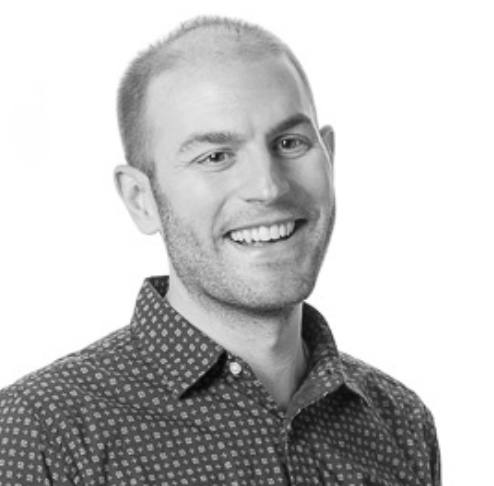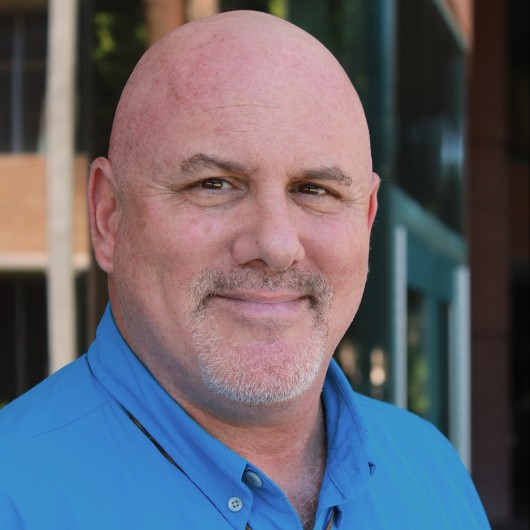Rethinking Science, Policy
Innovation in Higher Education – Africa’s Turn
For policymakers in developing countries, university-level education remains a lower priority, but emerging trends suggest wider participation by the children of middle classes and reduced reliance on top-down models of learning.
About the Seminar
April 29, 2016 8:30am—10:30am
All over the industrialized world, university education is undergoing long-anticipated change. Universities, in Europe and especially North America, are emphasizing more learning through real-world experience, interdisciplinary studies, integrated teaching and research, social media, and online courses. For policymakers in developing countries, university-level education remains a lower priority, but emerging trends suggest wider participation by the children of middle classes and reduced reliance on top-down models of learning. Increasingly, the best and brightest of developing countries view university degrees as the new normal, and star students seek to balance mastery of established fields of disciplinary knowledge with an advanced education in interdisciplinarity, creativity, and entrepreneurship. In an unexpected turn, these trends are growing in visibility and significance in sub-Saharan Africa.
Drawing on parallel studies of public and private universities in Uganda and Kenya, Matthew Harsh (Concordia) and Gregg Pascal Zachary (Arizona State) present preliminary findings on innovations in higher education that augur well for workforce development, economic growth, and directing knowledge workers towards the pursuit of unmet societal goals, as well as rewarding individual careers. Harsh and Zachary pay special attention to the emergence of university-based studies in computer science at undergraduate and graduate levels. Dramatic growth in CS graduates in both countries since 2000 reflects demographic trends: widening access to universities for both men and women, as well as a move away from traditional professions and disciplines towards applied and theoretical studies in computing, information technology, and communications. Harsh and Zachary will provide a survey of what’s working and what isn’t in two East African countries where enrollments are growing rapidly and where economies are absorbing talented, well-educated graduates at rates without historical precedent for the region.
Location Information
ASU Washington Center
1834 Connecticut Ave NW
Washington, DC 20009
Speakers
Seminar Video
Past Series
-
October 03, 2024 3:30pm
Carbon Removal Social [Science]
Holly Buck, Sara Nawaz, Rory Jacobson, Marcela Mulholland, Amanda Borth
-
June 04, 2024 12:00pm
Hopeful Climate Futures through Speculative Storytelling: Decolonizing Global Climate Action
Chinelo Onwualu, Joey Eschrich
-
April 29, 2024 9:00am
Public Funding, Patents, and Technology Transfer: Learning from the Contrasting Oxford and Texas Models of COVID-19 Vaccine Production and Distribution
Ken Shadlen
-
March 21, 2024 9:00am
Inspirations from European Technology Assessments: Institutions, Practices and Key Debates
Anja Bauer
-
May 10, 2024 9:00am
Adapting Federal Programs to Evolving Public Values: Insights from the Department of Energy
Darshan Karwat, Matthias Galan
-
April 30, 2024 9:00am
ASU’s Milo Space Science Institute: Increasing the World’s Access to Space
Jim Bell
-
January 22, 2024 12:00pm
Reinventing Participatory Technology Assessment
Nicholas Weller, Amanda Borth, Emily Hostetler, Jared Owens, Arthur Daemmrich
-
November 17, 2023 9:00am
“Unacceptable Costs”: Managing for biological invasions and climate risks in the US Pacific Islands
Laura Brewington
-
October 30, 2023 9:00am
Patent Data & Publicly-Funded Research: Applications, Benefits, & Misuse
Bhaven N. Sampat

